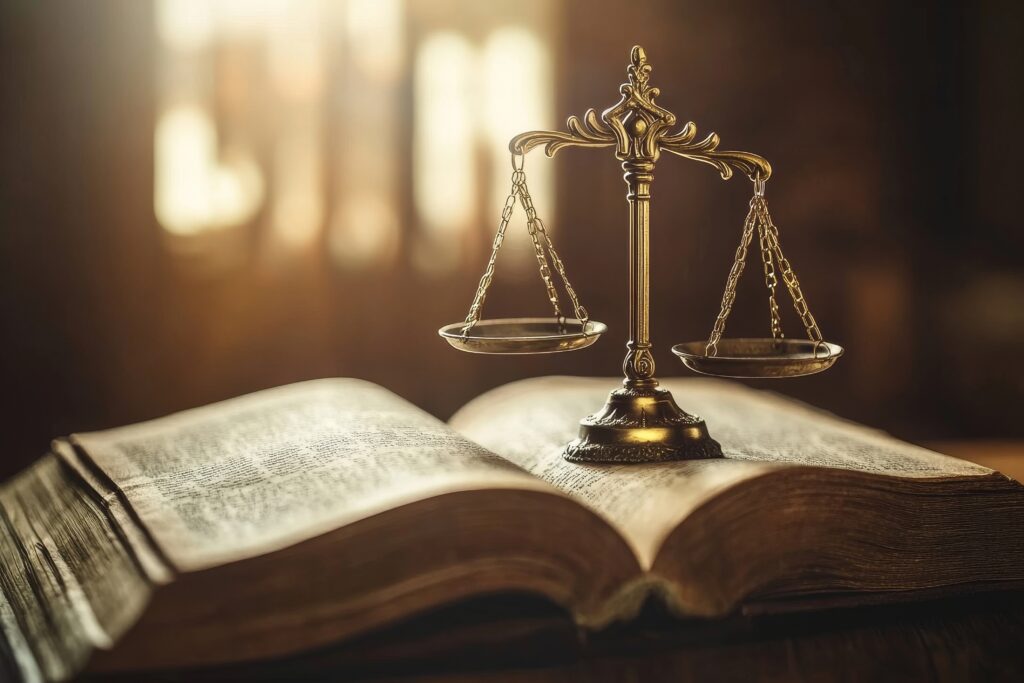
Key Takeaways:
- Judge Paul Engelmayer noted the GENIUS Act could influence Do Kwon’s U.S. criminal case, particularly the securities fraud charges.
- The GENIUS Act, regulating stablecoins, passed the Senate and awaits decisions in the House and from President Trump.
- Kwon, facing nine felony charges in the U.S., was found liable in a related SEC civil case and is set for criminal trial in January 2026.
A U.S. judge has suggested that upcoming legislation could impact the criminal case against Terraform Labs co-founder Do Kwon.
During a recent status conference, Judge Paul Engelmayer noted he was “mindful of the GENIUS Act,” a proposed law aimed at regulating payment stablecoins.
Do Kwon's lawyer: There are issues we should litigate far in advance of trial, for example about the money laundering charge
— Inner City Press (@innercitypress) June 25, 2025
Judge: That's helpful. On the securities issue, I am mindful of the GENIUS Act
The bill, passed by the Senate on June 17, is awaiting a vote in the House of Representatives and a final decision from President Donald Trump.
If enacted, it could affect Kwon’s charges related to TerraUSD (UST), the algorithmic stablecoin that collapsed in 2022 along with its sister token, LUNA.
This collapse triggered major losses and criminal investigations in both South Korea and the United States.
Kwon, arrested in Montenegro in 2023, was extradited to the U.S. in December to face nine felony counts, including securities fraud, commodities fraud, market manipulation, and money laundering.
He has pleaded not guilty and is currently being held without bail, pending a January 2026 trial.
Separately, a 2024 civil jury found Kwon and Terraform Labs liable for defrauding investors, and Judge Engelmayer is considering whether that civil verdict may influence the criminal proceedings.

